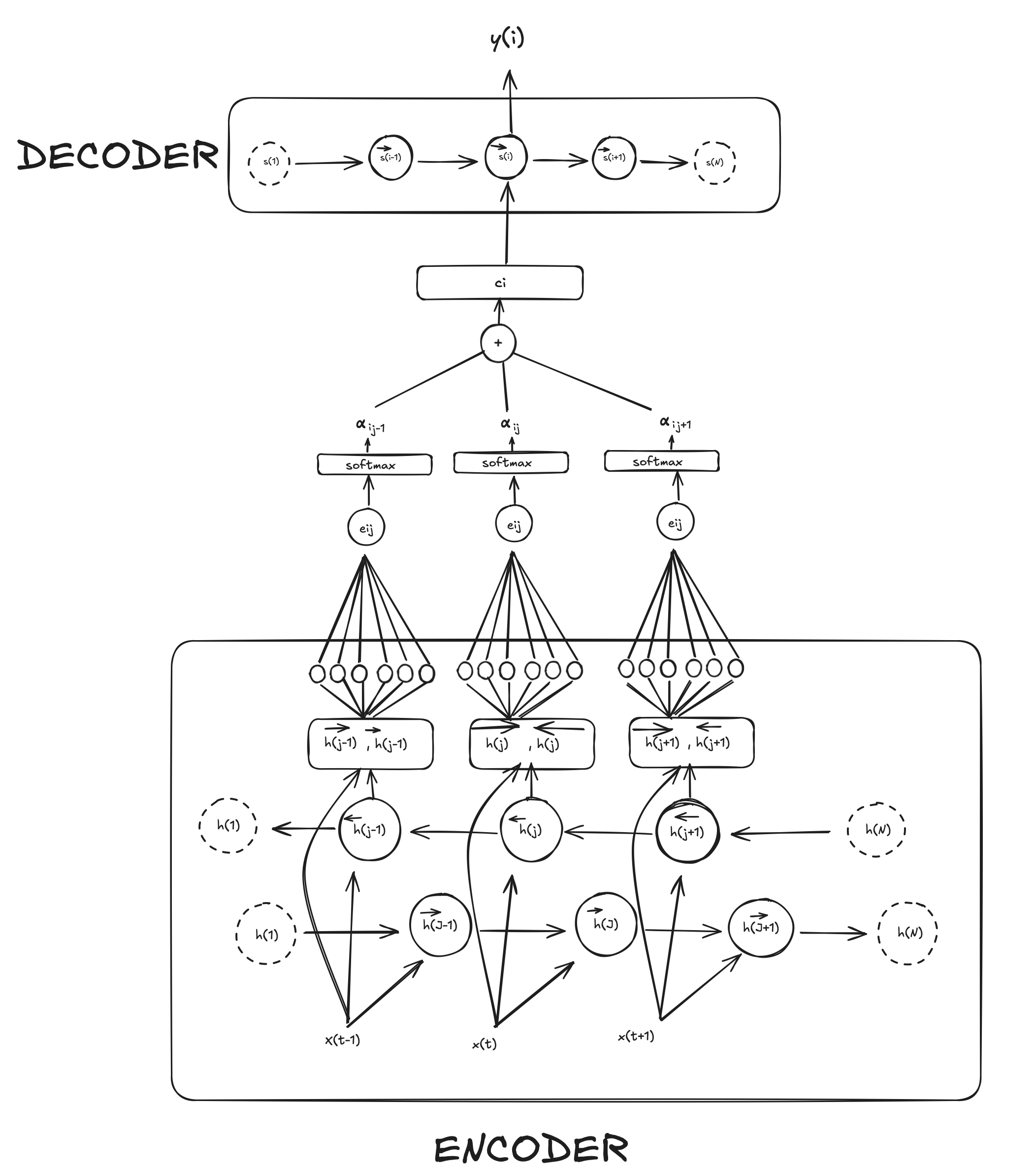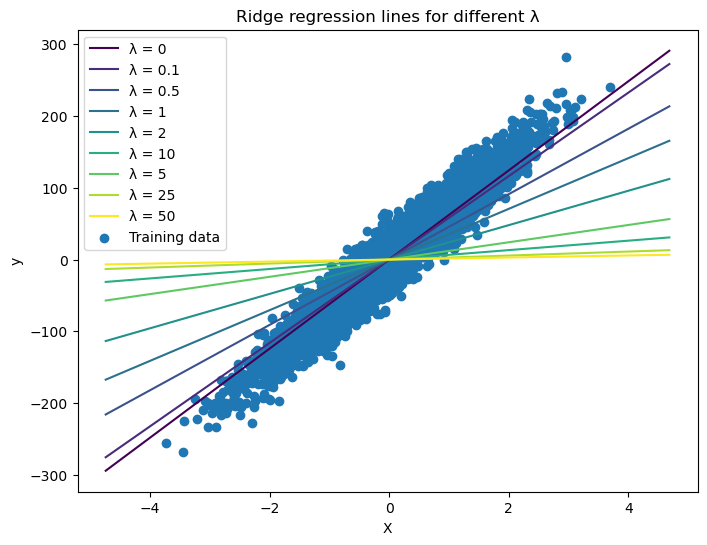Dunder Methods
Published:
What are special methods?
They are ‘predefined’ methods that allow you to customize the behavior of classes. Can also be referred to as “dunder” (double-underscore) methods.
You don’t write my_object.__len__(), you write len(my_object).
Difference with normal methods
- Implicit invocation: Special methods are called automatically by Python in specific situations, while regular methods need to be called explicitly.
- Syntax integration: Special methods allow your objects to work with Python’s built-in syntax and functions, whereas regular methods don’t.
class MyClass:
def __init__(self, value):
self.value = value
def __str__(self):
return f"MyClass instance with value: {self.value}"
def __add__(self, other):
return MyClass(self.value + other.value)
def double_value(self):
return self.value * 2
# Usage obj1 = MyClass(5)
obj2 = MyClass(10)
print(obj1) # Calls __str__ implicitly
result = obj1 + obj2 # Calls __add__ implicitly
doubled = obj1.double_value() # Regular method, called explicitl
Uses for Special Methods
1. Emulating Numeric Types
Several special methods allow user objects to respond to operators such as ‘+’ or *
2. String representation of objects
__repr__(self):Returns a detailed string representation of the object, used for debugging. Without a custom __repr__, Python’s console would display a Vector instance <Vector object at 0x10e100070>, but we can change this:
Example
class Vector:
def __repr__(self):
return f'Vector({self.x!r}, {self.y!r})'
v1 = Vector(2, 4)
print(v1) # Normally prints <__main__.Vector object at 0x7dc33ea23520>
print(v1) #But now it returns Vector(2, 4)
3. Boolean value of a Custom Type
if __bool__ is not implemented, Python tries to invoke x.__len__(), and if that returns zero, bool returns False. Otherwise bool returns True.
Common special methods:
__init__(self, ...): Constructor method, called when an object is created.__str__(self): Returns a string representation of the object, used bystr()andprint().__repr__(self): Returns a detailed string representation of the object, used for debugging.__len__(self): Defines behavior for thelen()function.__getitem__(self, key): Allows indexing or key-based access to the object.__setitem__(self, key, value): Allows setting values using indexing or key-based access.__iter__(self): Makes an object iterable.__eq__(self, other): Defines behavior for the equality operator (= =).__lt__(self, other): Defines behavior for the less than operator (<).__add__(self, other): Defines behavior for the addition operator (+).



Comments